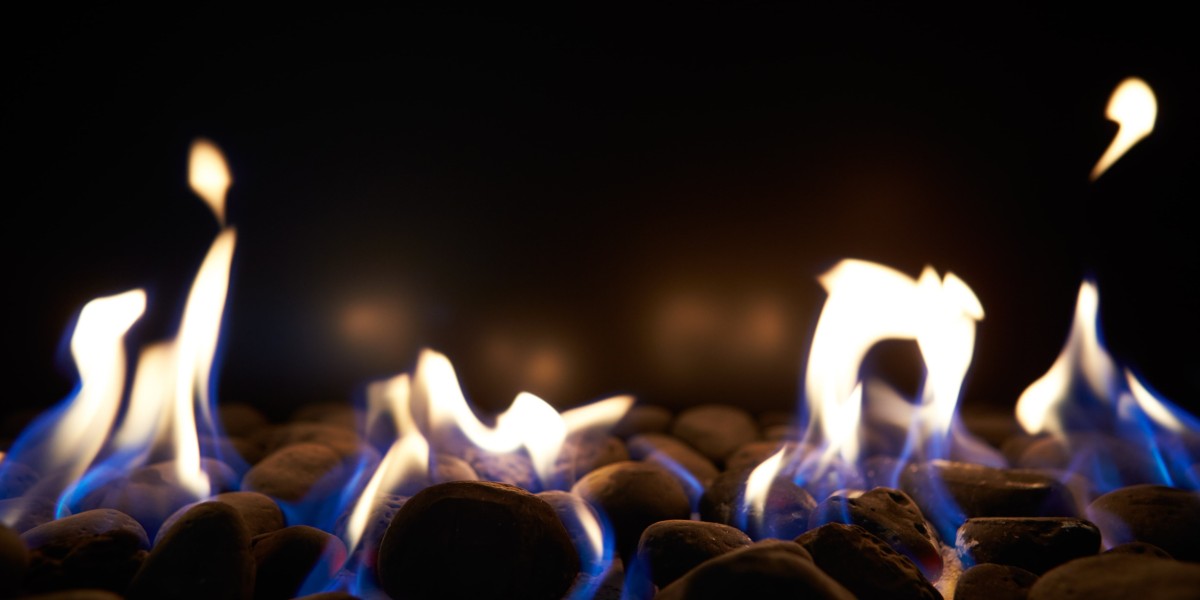When it comes to maintaining your property, ensuring the safety of your home and its occupants should always be a top priority. For homeowners, this includes taking care of gas appliances and installations. However, a common question arises: do homeowners need a gas safety certificate? Let’s take a closer look at this topic and clarify whether this is mandatory or optional, as well as its importance.
What is a Gas Safety Certificate?
A Gas Safety Certificate, also known as a CP12, is a document issued by a qualified Gas Safe registered engineer after carrying out an inspection of gas appliances and installations. The certificate confirms that all gas appliances, flues, pipes, and fittings have been inspected and meet the legal safety standards.
Is a Gas Safety Certificate a Legal Requirement for Homeowners?
The short answer is no, it’s not a legal requirement for most homeowners. Unlike landlords, who are legally required to obtain an annual Gas Safety Certificate to ensure the safety of their tenants, homeowners are not obligated under UK law to have this document. This is because the responsibility for gas safety in a privately owned home lies with the homeowner rather than a third party.

That said, while a Gas Safety Certificate may not be legally required for homeowners under most circumstances, it is highly recommended for several key reasons.
Why Should Homeowners Consider Getting a Gas Safety Check?
Even if a Gas Safety Certificate isn’t mandatory for homeowners, arranging regular gas safety checks offers a range of benefits:
Ensuring the Safety of Your Household
Faulty gas installations or appliances can lead to serious risks, including gas leaks, fires, explosions, and carbon monoxide poisoning. A professional gas safety inspection can provide peace of mind by ensuring your home is free from such hazards.Compliance When Selling Your Home
If you’re planning to sell your home, having a Gas Safety Certificate can offer reassurance to potential buyers. Although it’s not a legal requirement, many buyers seek this documentation as evidence that the gas installations are safe and well-maintained.Preventing Costly Repairs
Regular gas safety checks can identify small issues before they become costly repairs or dangerous malfunctions. Well-maintained appliances are also likely to last longer and operate more efficiently, saving you money in the long run.Keeping Warranty Valid
Some gas appliances, such as boilers, require regular inspections to maintain their warranty. Failing to arrange a professional safety check could lead to invalidation of your appliance warranty.
Specific Cases When Homeowners Do Need a Gas Safety Certificate
There are certain situations where homeowners may need to obtain a Gas Safety Certificate:
If You Rent Out Your Property:
If you decide to let out your property, even temporarily, you will be legally required to procure an annual Gas Safety Certificate to comply with landlord regulations. You’ll need to provide a copy of this certificate to your tenant(s) and keep records for at least two years.After Installing New Gas Appliances:
Following the installation of a new gas appliance, the engineer carrying out the installation should provide you with certification confirming that the appliance complies with safety regulations. This is not a Gas Safety Certificate, as it is specific to the appliance installation, but it’s still an important document for your records.Home Insurance Requirements:
While it’s rare for home insurance providers to mandate a Gas Safety Certificate, some policies may require proof of regular servicing or inspections to approve claims involving gas appliances.
How to Arrange a Gas Safety Check
If you decide to conduct a gas safety check, you’ll need to hire a qualified professional. In the UK, mkgassafety all inspections must be carried out by a Gas Safe registered engineer. You can check if an engineer is Gas Safe certified by asking to see their ID card or searching for their registration number on the Gas Safe Register website.
During the inspection, the engineer will assess the gas appliances, pipework, and ventilation to ensure everything meets safety standards. If any issues are detected, the engineer can advise or carry out repairs to bring the system up to code.
Additional Gas Safety Tips for Homeowners
Whether or not you choose to obtain a Gas Safety Certificate, here are some tips to keep your gas appliances in excellent working order:
- Schedule annual servicing of all gas appliances, even if certification isn’t required.
- Install a carbon monoxide detector in your home to monitor for leaks.
- Keep an eye out for warning signs of gas problems, such as black marks around appliances, yellow flames, or unusual smells.
- Never attempt DIY repairs on gas appliances—always hire a qualified engineer.
Conclusion
While homeowners are not legally required to obtain a Gas Safety Certificate, it is a prudent step to ensure the safety and efficiency of gas appliances in the home. Regular gas safety checks can protect your household, prevent costly repairs, and offer peace of mind. For those planning to sell their home or convert it into a rental property, having an up-to-date Gas Safety Certificate becomes even more important.
The bottom line is that maintaining gas safety is a shared responsibility. Whether you’re a homeowner or a landlord, prioritizing gas appliance maintenance and inspections is a small investment for the safety and well-being of your property and everyone in it.









